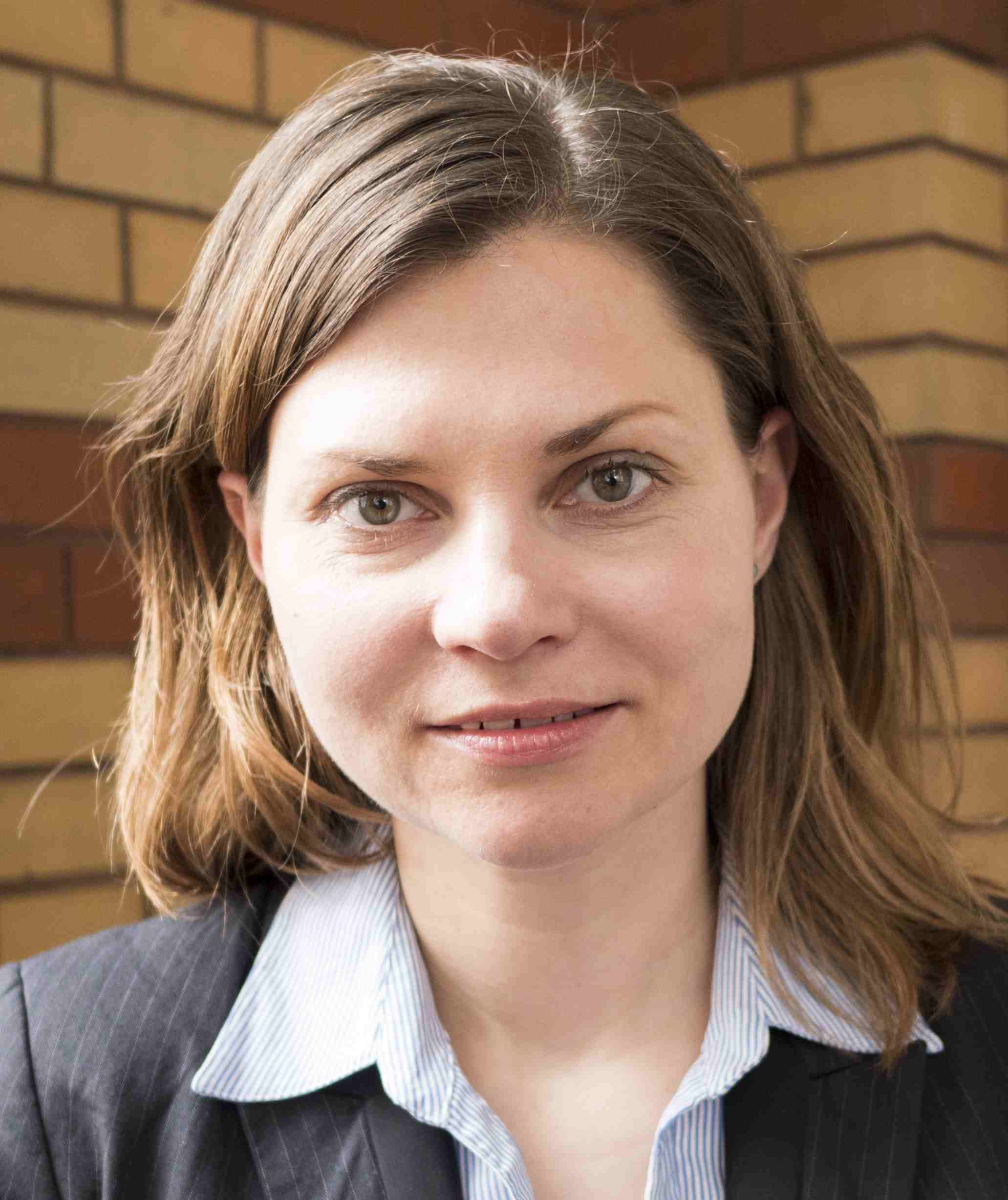Prof. Dr. Ilona M. Otto ist die neu ernannte Professorin für Gesellschaftliche Folgen des Klimawandels am Wegener Center für Klima und Globalen Wandel der Universität Graz. Dort leitet sie eine neue Forschungsgruppe mit dem Schwerpunkt soziale Komplexität und Systemtransformation (Social Complexity and System Transformation). Das Ziel der Gruppe ist es, mit Hilfe komplexer Wissenschaftstheorie und neuartiger Forschungsmethoden soziale dynamische Prozesse und Interventionen zu analysieren, die rasche soziale Veränderungen auslösen können, die notwendig sind, um die Interaktionen menschlicher Gesellschaften mit der Natur in den nächsten 30 Jahren radikal zu verändern.
Prof. Otto ist ausgebildete Sozialwissenschaftlerin. Sie absolvierte ein Doktorandenprogramm in Ressourcenökonomie an der Humboldt-Universität zu Berlin, Deutschland, und einen Masterstudiengang in Soziologie an der Adam-Mickiewicz-Universität in Posen, Polen. Sie studierte auch an der Erasmus-Universität Rotterdam in den Niederlanden, der Universität Wageningen in den Niederlanden und der National University of Ireland in Galway. Sie arbeitete als wissenschaftliche Mitarbeiterin am Potsdam-Institut für Klimafolgenforschung in Potsdam (Deutschland) und am Institut für Vorhersage der Slowakischen Akademie der Wissenschaften in Bratislava (Slowakei).
Prof. Otto verwendet verschiedene Forschungsmethoden, darunter soziale Umfragen, Fallstudien, Verhaltensexperimente und Simulationen, um Probleme im Zusammenhang mit globalen Umweltveränderungen, Entwicklung, Anpassung und Nachhaltigkeit zu analysieren. Prof. Otto ist Projektpartnerin im EU-Horizont-2020-Projekt CASCADES: Cascading climate risks: Towards adaptive and resilient European Societies. Sie war Projektpartner im WaterLab-Projekt: River Basin Management Games Supporting Adaptation to Climate Change and Public Participation, das von der Chinese Science Foundation finanziert wurde, und leitete das von der Weltbank in Auftrag gegebene Projekt zur Modellierung der Auswirkungen des Klimawandels auf die Armut auf subnationaler Ebene. In ihrer frühen Postdoc-Forschungsarbeit hatte sie ein Marie-Curie-Stipendium und untersuchte die Verwaltung von Wasser und Biodiversität in der erweiterten EU. In ihrer Doktorarbeit analysierte sie Faktoren für die Verbesserung der Zusammenarbeit in Agrarmärkten. Sie ist eine engagierte Hochschullehrerin und Vortragende zu Auswirkungen des Klimawandels und zur nachhaltigen Transformation.
